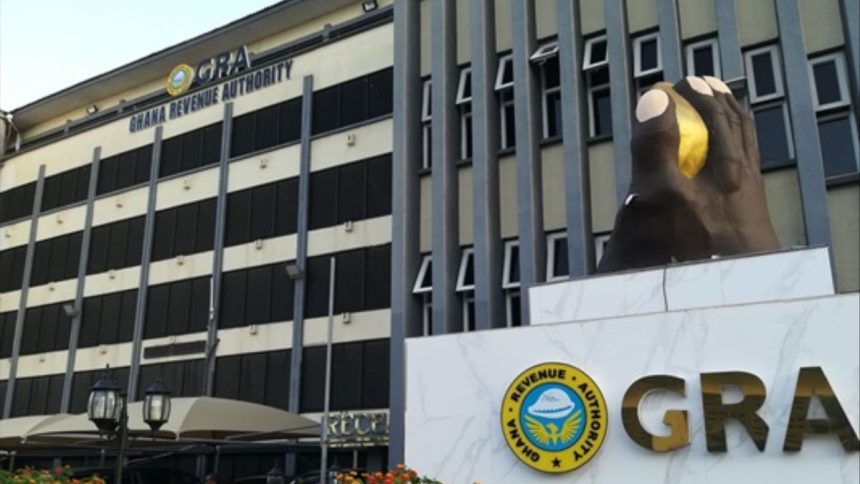The Ghana Revenue Authority (GRA) and Strategic Mobilisation Limited (SML) have been in the spotlight recently, following allegations of irregularities and lack of transparency in their contractual arrangement.
The contract, which was signed in 2019 and consolidated in 2023, covers revenue assurance services in the downstream and upstream petroleum sectors, as well as the value chain for minerals and metals resources.
However, the contract has raised questions from various stakeholders, including the media, civil society groups, and the parliament, who have demanded more accountability and scrutiny of the deal.
What They’re Saying
According to a press release by GRA, the contract was awarded to SML based on its performance in monitoring the downstream petroleum sector and providing instant reconciliation of real-time data.
The GRA claimed that SML’s work had led to a significant increase in the reported figures in the sector, from an average of 350 million litres per month in 2018 and 2019 to 450 million litres per month from 2020/2021.
The GRA also stated that SML’s services were needed to address systemic deficiencies and revenue leakages in the upstream petroleum production and the minerals and metals value chain.
Between The Lines
However, some critics have challenged the validity and legality of the contract, alleging that it was questionable, unnecessary, and overpriced. They have also accused the Minister of Finance of bypassing due process and parliamentary approval in awarding the contract to SML.
Some have also argued that SML’s role overlaps with that of other existing institutions, such as the National Petroleum Authority, the Petroleum Commission, and the Minerals Commission, who are mandated to regulate and monitor these sectors.
The Aftermath
In response to these concerns, President Nana Addo Dankwa Akufo-Addo has ordered an immediate audit of the SML/GRA contract. He has appointed KPMG, a reputable audit firm, to undertake the audit within two weeks and submit a report with suitable recommendations.
He has also directed the Ministry of Finance and the GRA to suspend the performance of the contract, pending the submission of the audit report, including any payments presently envisaged under its terms.
The audit is expected to ascertain the rationale or needs assessment performed prior to the contract approval by GRA; assess the appropriateness of the contracting methodology; verify compliance with legal standards and industry best practices; evaluate the degree of alignment between current activities and stipulated contract scope; evaluate the value or benefit that SML has offered to GRA; and review the financial arrangements, including pricing structures, payment terms and resolution of any financial compliance issues.
The President’s decision has been welcomed by some stakeholders, such as OccupyGhana, a pressure group, who have requested him to permit the Auditor-General to audit the contract instead of a private firm.
They have also urged him to adhere to Article 187 of the Constitution, which empowers the Auditor-General to audit all public accounts and report to Parliament.
What Happens Next
The outcome of the audit is likely to have significant implications for the future of the SML/GRA contract, as well as for the revenue mobilisation efforts of Ghana. It is hoped that it will bring clarity and closure to this matter and ensure that public funds are used efficiently and effectively for national development.
Catch up on news and other tidbits on our WhatsApp Community Page, Twitter/X, and subscribe to our weekly newsletter to ensure you don’t miss out on any news.










